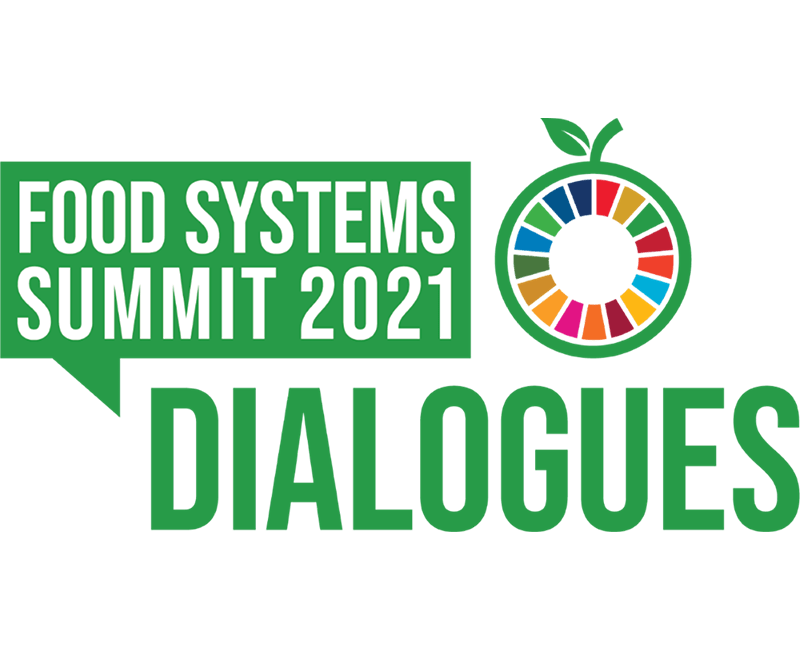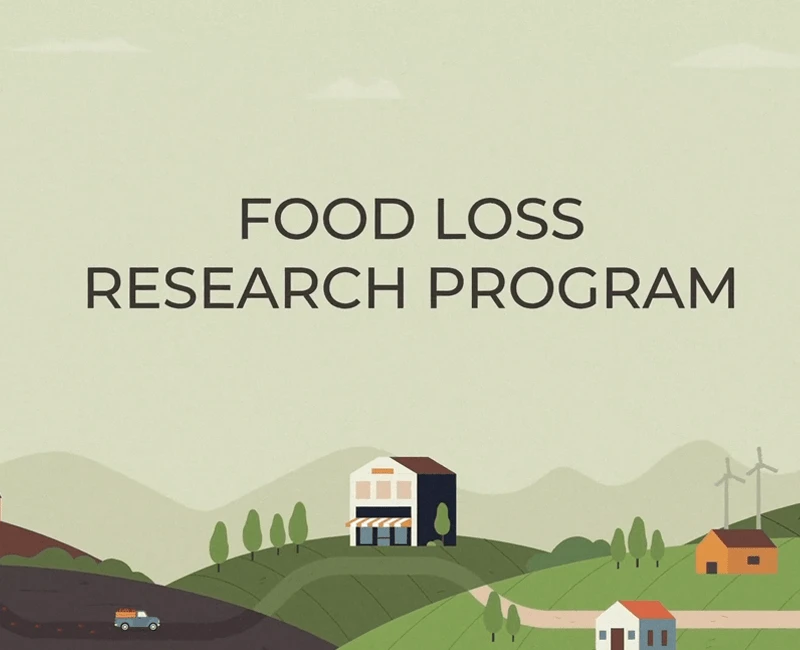Global food production must increase by 60% by 2050 to meet the demands of the world’s growing population. Yet, more than one third of the food produced today is lost or wasted.
Food loss early in the supply chain is a particularly pressing issue for developing countries.

In Sub-Saharan Africa, 83% of food is lost during production, handling and processing while just 5% is wasted by consumers. Conversely, in North America and Oceania only 32% is lost in these earlier stages compared to 61% wasted by consumers.
To help tackle global food loss, the Australian Centre for International Agricultural Research (ACIAR) partnered with Canada’s International Development Research Centre (IDRC) to jointly fund the Food Loss Research Program which will see a suite of projects tackle systemic food loss in developing countries.
The Food Loss Research Program is a globally significant research program that shines a light on the long-term partnership between ACIAR and IDRC. With this in mind, ACIAR came to Currie with two challenges:
Firstly, how could they make the most of this opportunity to further strengthen its relationship with IDRC and leverage the power of joint communications.
Secondly, how could they launch the program and make a splash across the global research community.
In answer to the first challenge, Currie used its partnership and implementation skills to bring ACIAR and IDRC staff together in a new format.
We facilitated a conversation and workshops between ACIAR and IDRC to co-develop a communications strategy for the Food Loss Research Program. The strategy was co-designed with both ACIAR and IDRC through a series of workshops, establishing the collaborative tone of the partnership.
We then worked with ACIAR and IRDC to determine the best way to launch the program. How could ACIAR and IDRC spread the word of their new research program, promote international partnership, whilst having meaning conversations about the global food loss problem? Hosting a UN Dialogue for Food Loss Research as part of the UN Food Systems Summit was the answer we provided.


Within the short period of one month, Currie designed a UN Food Loss Research Dialogue that brought together researchers from around the world, from East Africa to South-East Asia to Latin America. An all-star roster of talent was approached, and coordinated to speak including the UN FAO Chief Economist, the International Food Policy Research Institute Director for Africa, and Australian and Canadian High Commissioners.
The online event involved snappy 5-minute thought-starter presentations from several food loss researchers that led to 10 facilitated breakout rooms where a deeper dialogue took place. With over 80 participants from all corners of the world, the discussion was insightful.
The UN Dialogue received high praise from Canadian and Australian international development agencies, and embassies. It spread the word within the global food loss research community about the new Food Loss Research Program. And most importantly, it facilitated conversations and connections to help tackle the significant global problem of food loss.
Critically the launch and its surrounding communications solidified the partnership between ACIAR and IDRC. The organisation heads jointly opened and closed the Dialogue, and celebrated the long-term partnership. And in supporting the launch both ACIAR and IDRC collaborated to promote the program with news statements and social media posts being published simultaneously, guided by a partner style guide we developed.
By the end of the project, the two agencies had formed a stronger collaborative partnership that would set the Food Loss Research Program up for success, along with any future joint ventures.